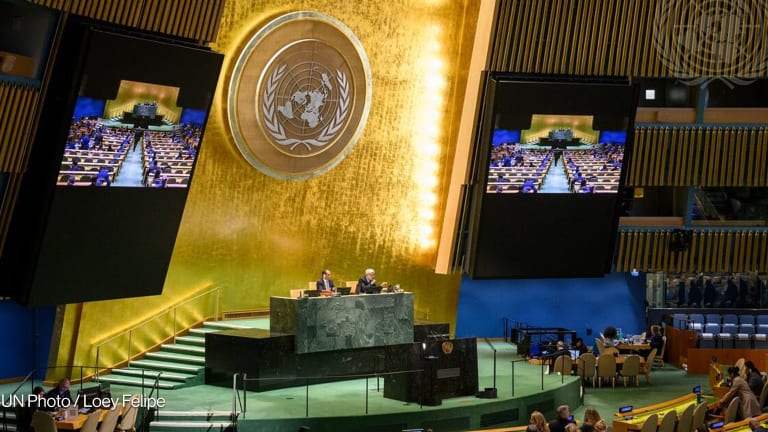Noncommunicable diseases, or NCDs, have long been sidelined by the global health sector, which has largely focused on infectious diseases — but deprioritizing them has dire consequences. They’re now the leading cause of death and disability globally — with nearly three-quarters of these deaths occurring in low- and middle-income countries. Treatments are often expensive, with many people paying out-of-pocket or forgoing them when the price is too high.
This year, the visibility around these diseases — such as chronic lung, cardiovascular, cancer, hypertension, diabetes, and mental health — has been elevated due to an upcoming high-level meeting at the United Nations General Assembly in September.
And the first big moment in the lead-up to this meeting was the World Health Assembly, or WHA, in Geneva, where countries approved the first resolution on kidney health, established a global day focused on cervical cancer elimination, and approved resolutions on lung health, eye, and hearing care.








